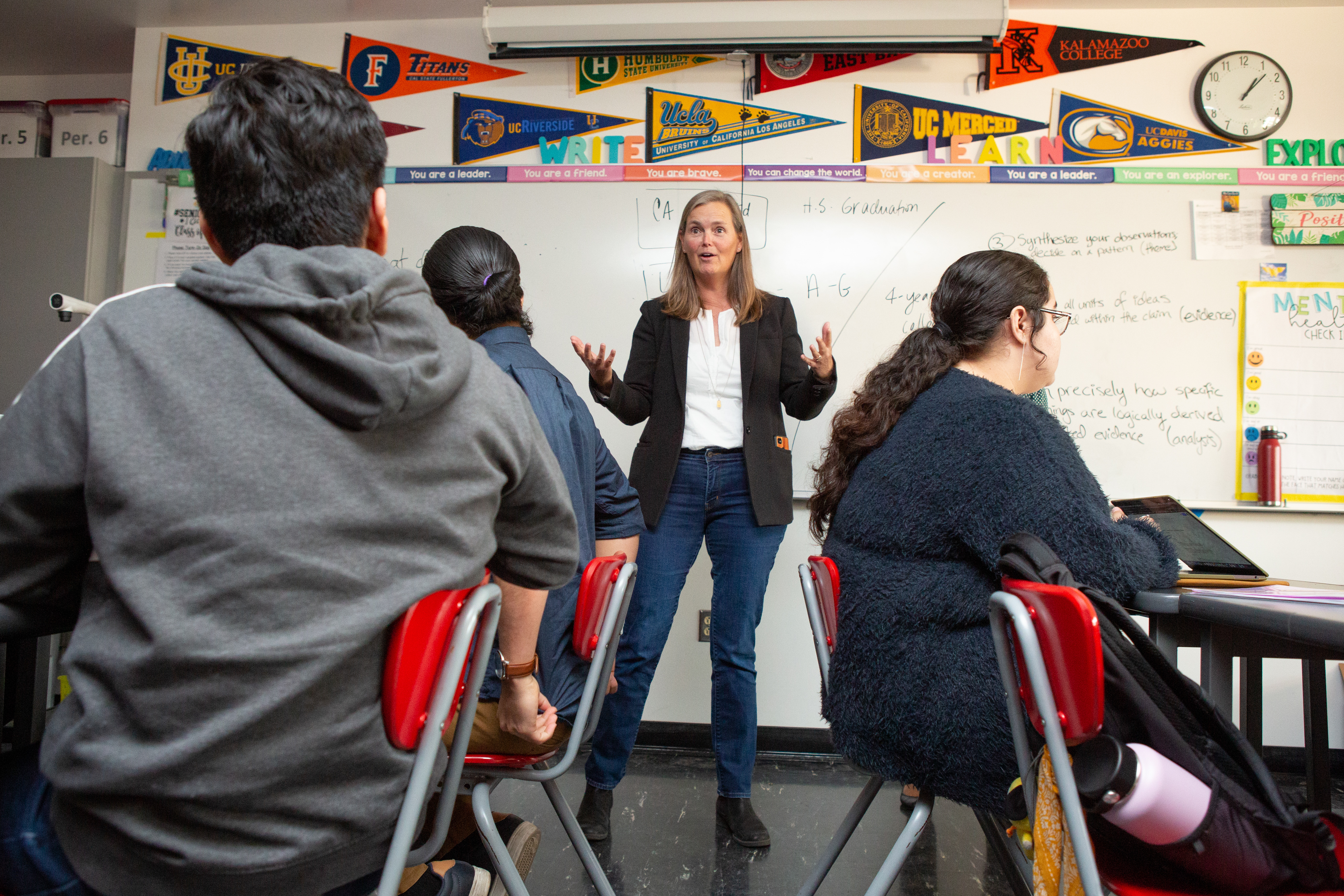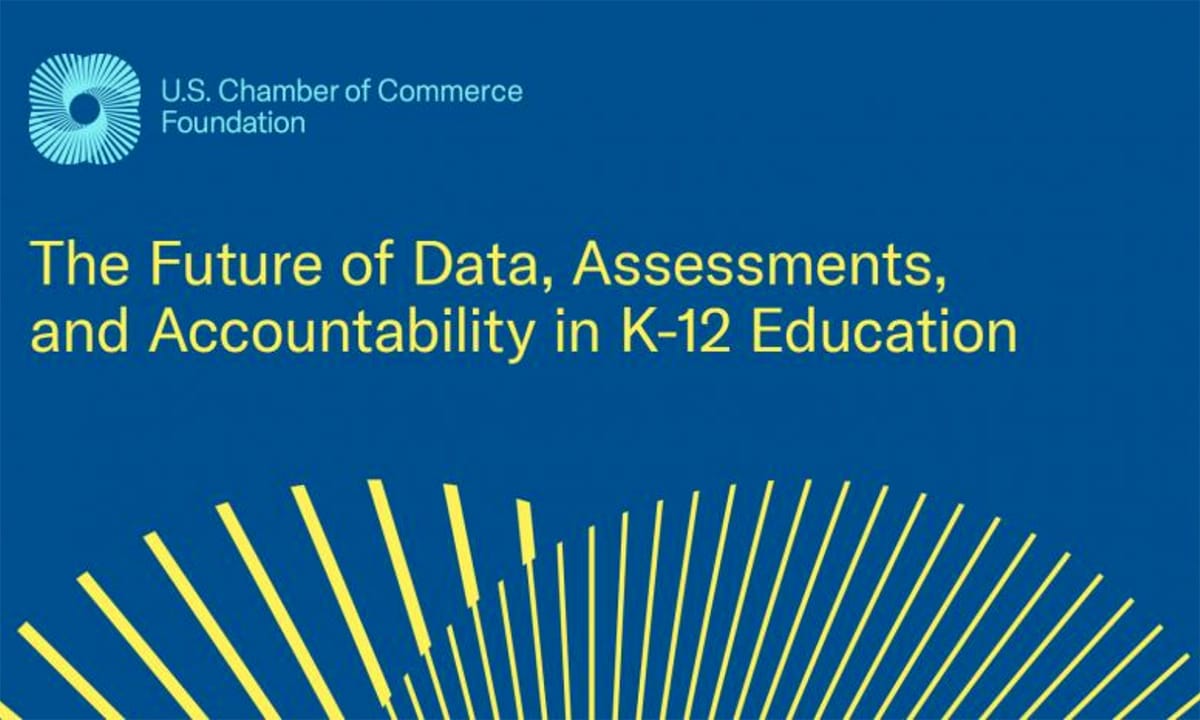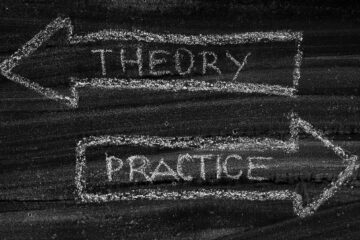
Thomas B. Edsall’s New York Times column “Elites are Making Choices that are Not Good News“ examines the growing economic divide between working class and upper income elite Americans and its impact on politics. He interviews a range of experts who suggest that the Democratic Party is seen to have advocated for policies, like free trade, that adversely impacted working class Americans. The US, along with many other countries, has not focused on supporting these workers through a transition to a very different economy. Experts suggest that the long term impacts of technological advances on the structure of jobs remain to be seen. For example, depending on the decisions that policymakers and industry leaders make, AI may increasingly automate even higher-skill jobs. Or it may augment them, boosting productivity and innovation without reducing employment. Edsall warns this will be a long process of transition and that bitter political division and rising populism are not likely to recede anytime soon.

The Council of Europe’s new report, Artificial Intelligence and Education: A Critical View Through the Lens of Human Rights, Democracy and the Rule of Law, examines the role of artificial intelligence (AI) in education, both its potential to empower learners and educators but also the challenges in its use. The report first looks at the range of uses of AI in education, including learning with AI, learning using AI and learning about AI. It then considers challenges such as the impact of AI on the developing brain and learner agency, its use to monitor emotions, digital safeguards as well as the ethics of AI and the economic drivers of its use. The report also considers how AI might impact children’s rights, how AI might support or undermine democracy and what potential legal challenges there are to the use of AI. It concludes with a list of open questions and challenges and suggests the need for more data, analysis and regulation.

The National Council on Teacher Quality (NCTQ) regularly collects and monitors state policies impacting the teacher and school leader workforce. Its latest report, State of the State Teacher and Principal Evaluation Policies, focuses on teacher and principal evaluation policies, providing an update to the last analysis done in 2019. NCTQ defines key elements of a strong evaluation system and found that in many areas, states are moving away from the elements they endorse, such as incorporating measures of student academic growth and student surveys, conducting annual observations and evaluations for all teachers, and providing written feedback after each evaluation. Coming out of the pandemic, NCTQ recommends that states revisit their approach to evaluation to help new and incumbent educators continue to improve their practice and support their growth and development.

The U.S. Chamber Foundation is assembling a group of leading education experts and practitioners from across the country to explore the future of data, assessments and accountability in K-12 education. Caitlin Codella Low, the Foundation’s vice president for policy and programs describes the working group, which includes former Secretary of Education Margaret Spellings and former Louisiana state Superintendent of Education John White, and the three-year project in New National Working Group Takes on the Future of Education Data – and Equity for The 74. The intent is to craft a set of recommendations to inform federal and state policy for using data and accountability to improve public education.

A survey organized by the Data Quality Campaign (DQC) in partnership with the Kentucky Student Voice Team asked 1,000 high school students across the U.S. how informed they feel about their learning progression and options post-high school. DCQ’s president and CEO Jennifer Bell-Ellwanger provided a summary of top takeaways in Poll: HS Students Need Good Data to Plan Their Futures. Here’s How to Help published by The 74. More than 50 percent of students report not getting any information from their school about whether they are meeting grade-level expectations, if they are on track to graduate from high school, or their academic progress in a school year. Only 35 percent of students report that their school informed them of postsecondary or career pathway options. Given that over half of surveyed students say the pandemic has changed how they think about what they might do after high school, DQC says students want and need more information to navigate their options.

A new paper from the Annenberg Institute at Brown University provides a first-of-its-kind return on investment analysis to assess the costs and benefits of career and technical education (CTE) programs in two states. In At What Cost?: Is Technical Education Worth the Investment?, the authors compare average costs per pupil in standalone high school CTE programs in Connecticut and Massachusetts to traditional schools those students might have attended. They then estimated the impact of CTE participation on test scores, high school graduation rates, and earnings and translated those estimates to determine economic value. The paper concludes that programs in both states offer positive returns on investment in both states, although the returns for Massachusetts programs were stronger.




